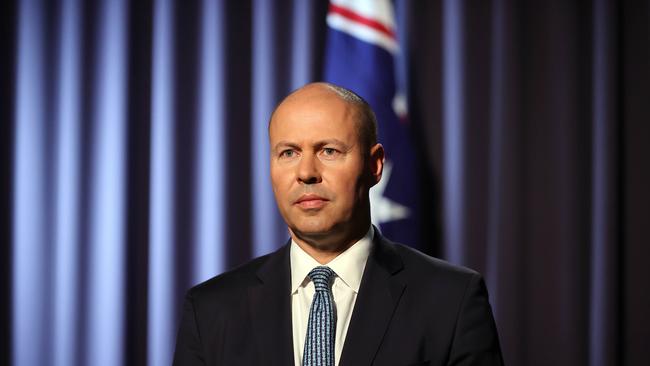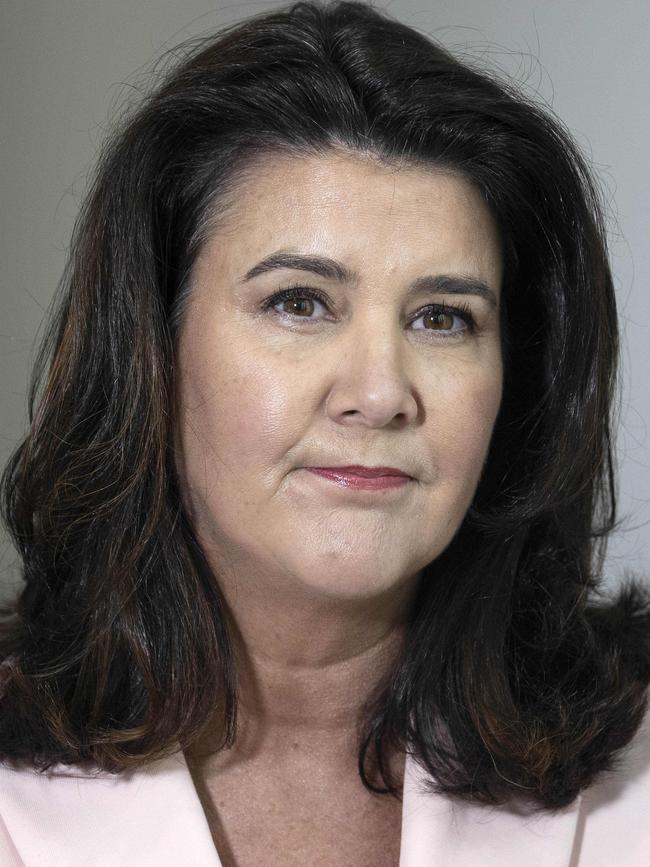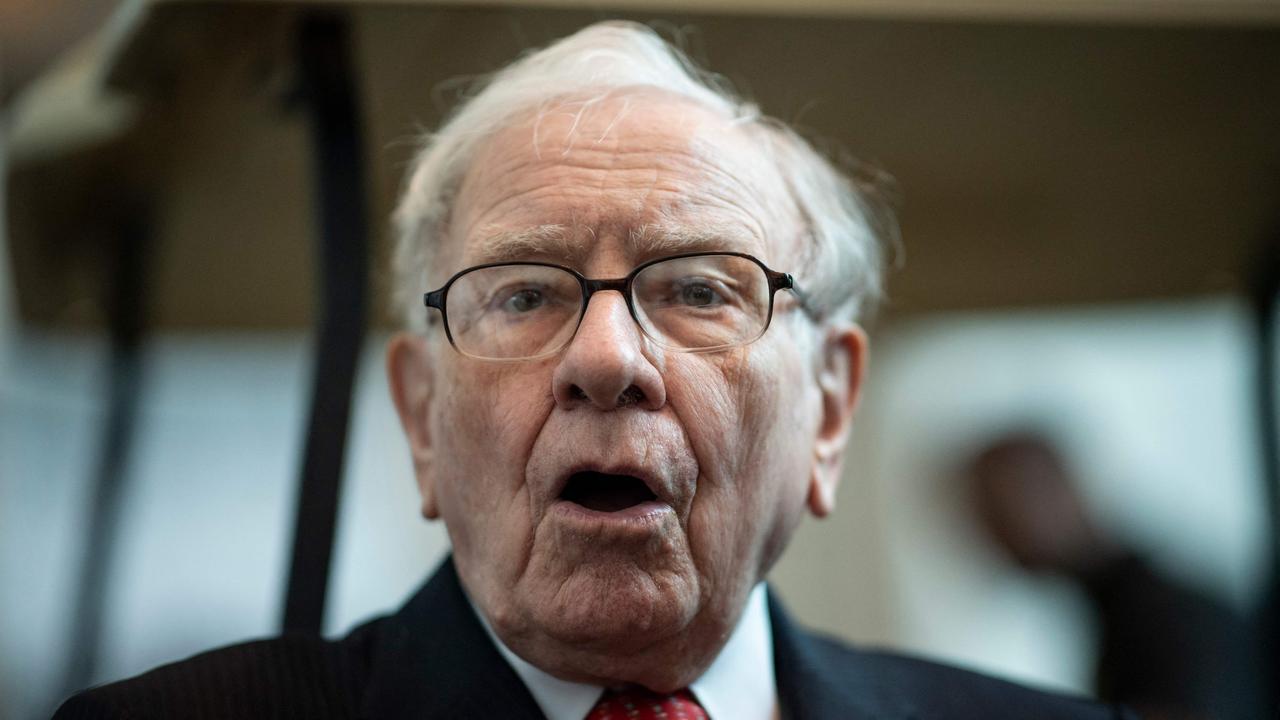Tax review to lay down the law for cryptocurrencies
The Board of Taxation will be given wide scope to review how cryptocurrency assets are taxed but the government rejects any increase to the tax burden.

The Board of Taxation will be given wide scope to review how cryptocurrency assets are taxed, according to terms of reference for the inquiry, but the federal government has one demand: there should be no increase to the tax burden.
Josh Frydenberg is set to release the terms of the review on Monday, asking the board to consider how digital assets and transactions are taxed in other countries and how rules should change to ensure cryptocurrencies are taxed properly.
The Treasurer is also expected to outline the government’s approach to de-banking – where financial institutions decline to provide services to firms in the sector – asking the Council of Financial Regulators to assess recommendations to address the issue in a recent Senate report.
That report raised concerns that rules around capital gains tax needed to be clarified to take into account cryptocurrencies and similar new technology.
The bipartisan report also recommended the government establish a market-licensing regime for digital currency exchanges, including responsible persons and other tests.
Liberal MP Andrew Bragg, who chaired the committee, wants the government to go further and introduce a comprehensive legislative package for the sector.
But both Mr Frydenberg and Financial Services Minister Jane Hume, who will speak at a blockchain conference on Monday, have distanced the government from suggestions of significantly expanded controls on the cryptocurrency sector.
“Our position is clear: to provide greater certainty and confidence, not increase the overall tax burden,” Mr Frydenberg said on Sunday. “Crypto currencies and assets are a global phenomenon, and as more Australians invest in these new asset classes and embrace the new technologies underpinning them, it is critical that we have a robust and competitive tax and regulatory regime.”
Ms Hume has been more direct. In a speech to be given on Monday, she will liken the cryptocurrency sector to the Victorian gold rush that began in 1851.

“The government was rapacious about requiring the diggers to pay their dues, even if they had not yet found any gold,” she will say.
“Eventually, the diggers rebelled in the Eureka Stockade – defending their rights and liberties against the heavy hand of the state and its brutal police force. Its spirit was against higher taxes and big government – a spirit that should be upheld in all entrepreneurial communities.”
The government outlined its early thinking on digital asset and cryptocurrency regulation in December, announcing it would proceed with a Board of Taxation inquiry.
Part of those proposed reforms include tasking Treasury and the Reserve Bank to review the viability of a central bank digital currency – although prudential regulators have since raised concerns that this might lead to some customers holding digital assets with the RBA and not in banks. The government also intends to introduce a licensing framework for digital currency exchanges. According to Australian Taxation Office estimates, around 820,000 taxpayers have transacted in digital assets since 2018.
Currently, digital exchanges need to be registered with Austrac but not the corporate regulator.
The government will on Monday ask for feedback on a new licensing framework for digital current platforms, which is expected to impose requirements for acting honestly, reporting rule breaches and holding capital.
The changes announced by Mr Frydenberg in December came around the time that two large local cryptocurrency exchanges collapsed, leaving users without access to their funds.
The collapse of myCryptoWallet came after another Melbourne-based outfit, Blockchain Global, was placed into administration in October, owing investors $21m.
A report in early March prepared by specialist accountants SV Partners showed myCryptoWallet had no money in its bank accounts. In all, it owes creditors $4m. SV Partners’ Terry van der Velde concluded the company was probably insolvent from March 2018 – almost four years before administrators were called in to take over.
Despite these issues, Ms Hume will on Monday describe the cryptocurrency and digital assets industry as “a new virtual frontier”. “Crypto today is analogous to equity markets in the late 1970s prior to the boom in markets and trading technology and deregulation in the 80s; it’s similar to the internet in the late 1990s,” she will say.
“The decisions now are very much like the decisions then: we can either sustain the right regulatory settings to accrue the benefits of the crypto asset revolution, or we will simply miss out.”
The growth of decentralisation online will also create more competitive markets after a decade of consolidation around large companies including Google, Apple and Facebook, she will say. “The tech giants – the largest digital platforms – have transformed from tools that index content or enable communication to surveillance platforms and gatekeepers of innovation. This has led to harvesting and hoarding of consumer data,” an extract of Ms Hume’s speech reads.
“To de-platforming and censorship. But most importantly, the centralisation allows tech platforms to change the rules on those who rely on them at any time. It has become much harder for start-ups and content creators to grow their businesses and their presence online.
“They do not have certainty. The rules of the game could change at any time and devastate their entire business model.”



To join the conversation, please log in. Don't have an account? Register
Join the conversation, you are commenting as Logout